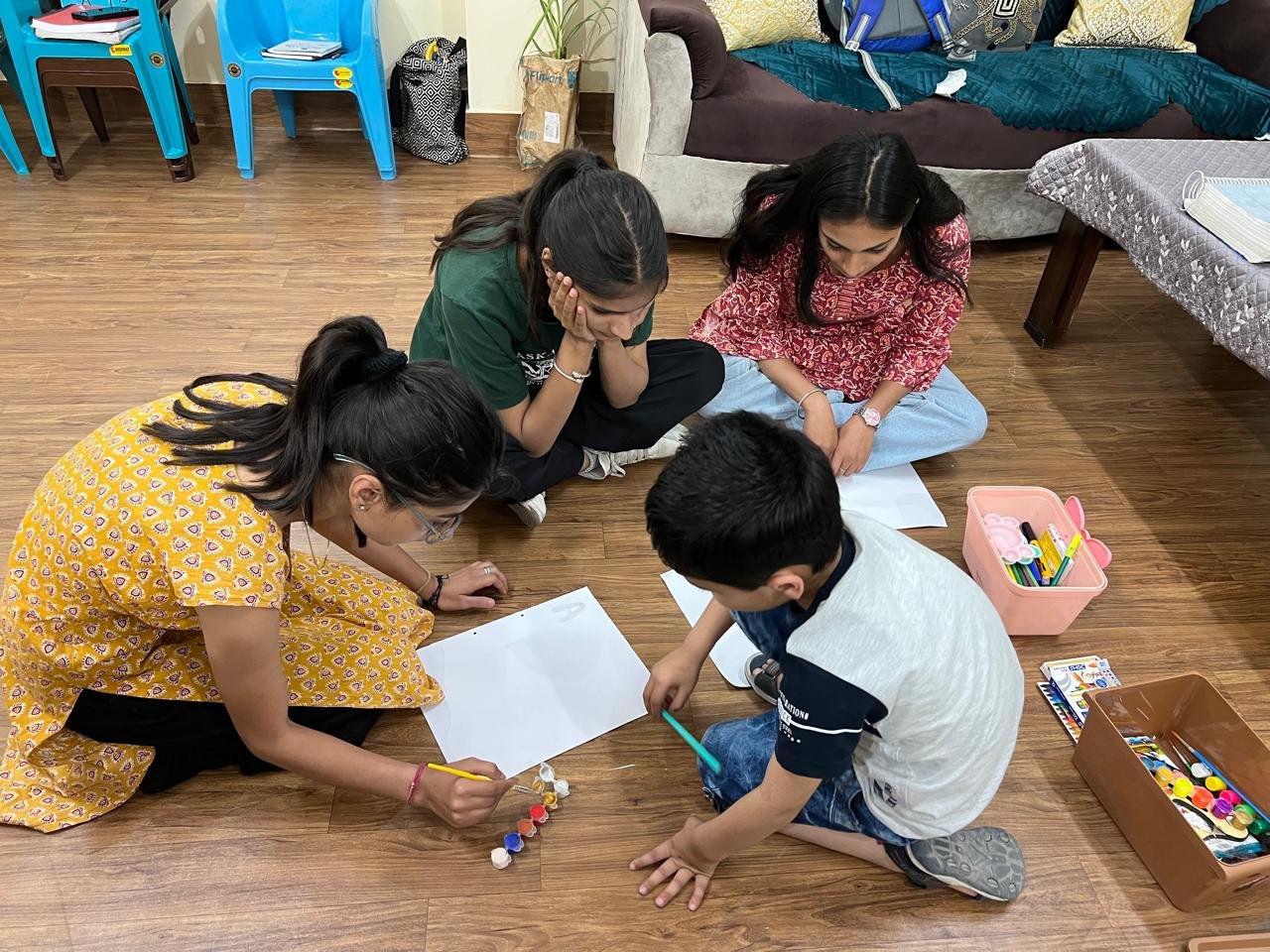Depression is one of the most common mental health challenges globally, affecting millions of people of all ages. Despite its prevalence, it’s often misunderstood or even overlooked. Depression is much more than feeling sad—it’s a persistent condition that affects mood, thoughts, and physical health. This guide will walk you through what depression is, its common symptoms and causes, and how you can seek help and find hope.
What is Depression?
Depression is a mental health disorder that impacts how a person feels, thinks, and acts. It’s characterized by persistent sadness, loss of interest in activities, and can lead to various emotional and physical issues. Unlike temporary sadness, depression can persist for weeks, months, or even years if untreated. Recognizing depression as a serious condition is the first step to understanding its impact and importance.
Symptoms of Depression
Depression symptoms vary from person to person, but they typically include:
- Emotional Symptoms: Feelings of hopelessness, helplessness, irritability, and a sense of worthlessness.
- Physical Symptoms: Changes in appetite or weight, fatigue, headaches, and sleep disturbances, such as insomnia or excessive sleeping.
- Behavioral Changes: Withdrawing from social interactions, difficulty in concentrating, and a noticeable loss of interest in activities once enjoyed.
If you or someone you know is experiencing several of these symptoms for more than two weeks, it may be time to seek help. Remember, depression is treatable, and reaching out for support is a strong, positive first step.
Common Causes and Risk Factors for Depression
Depression is complex and can arise from a variety of factors. Here are some of the most common:
- Biological Factors: Genetics play a role; if depression runs in your family, you may have a higher risk. Chemical imbalances in the brain are also linked to depression.
- Psychological Factors: Past trauma, low self-esteem, or chronic stress can make people more vulnerable to depression.
- Environmental Factors: Major life changes, job loss, grief, or prolonged stress can trigger depression.
- Medical Conditions: Chronic illnesses, such as diabetes or heart disease, are often linked with depression.
It’s important to understand that depression is often the result of multiple factors combined, not a sign of personal failure or weakness.
How to Seek Help for Depression
Getting help for depression is crucial, and there are several options available:
- Therapy and Counseling: Talking to a licensed therapist can help you understand and manage your thoughts and feelings. Cognitive-behavioral therapy (CBT) and other types of counseling have proven effective.
- Medication: Antidepressants can balance brain chemistry, though they should always be prescribed and monitored by a medical professional.
- Lifestyle Changes: Regular exercise, a balanced diet, mindfulness practices, and sleep hygiene can positively impact mental health.
- Support Groups: Connecting with others who understand can provide encouragement and reduce feelings of isolation.
Tips for Managing Depression Day-to-Day
- Set Small, Achievable Goals: Break tasks into manageable steps to build a sense of accomplishment.
- Prioritize Self-Care: Make time for rest, healthy meals, and activities that bring you joy, even in small amounts.
- Stay Connected: Reaching out to friends or family can help ease the sense of isolation.
- Practice Mindfulness: Techniques like deep breathing, meditation, or journaling can help center your thoughts and relieve stress.
Finding Hope and Moving Forward
Recovery from depression is possible. While it may be a journey, there is hope, and many people go on to lead fulfilling lives. If you’re struggling, remember you’re not alone—resources, professionals, and support systems are available. Taking the first step, whether talking to a friend, reaching out to a counselor, or even just acknowledging how you feel, is a brave and positive action.
Conclusion:
Understanding and addressing depression is essential to improve mental health. With proper support, whether through therapy, lifestyle changes, or simply finding a compassionate ear, healing is within reach. If you or someone you know is experiencing depression, don’t hesitate to seek help. It’s okay to ask for support—taking that step may lead to a path of renewed hope and happiness.
Remember, depression is treatable. Seeking help is a sign of strength, not weakness.

